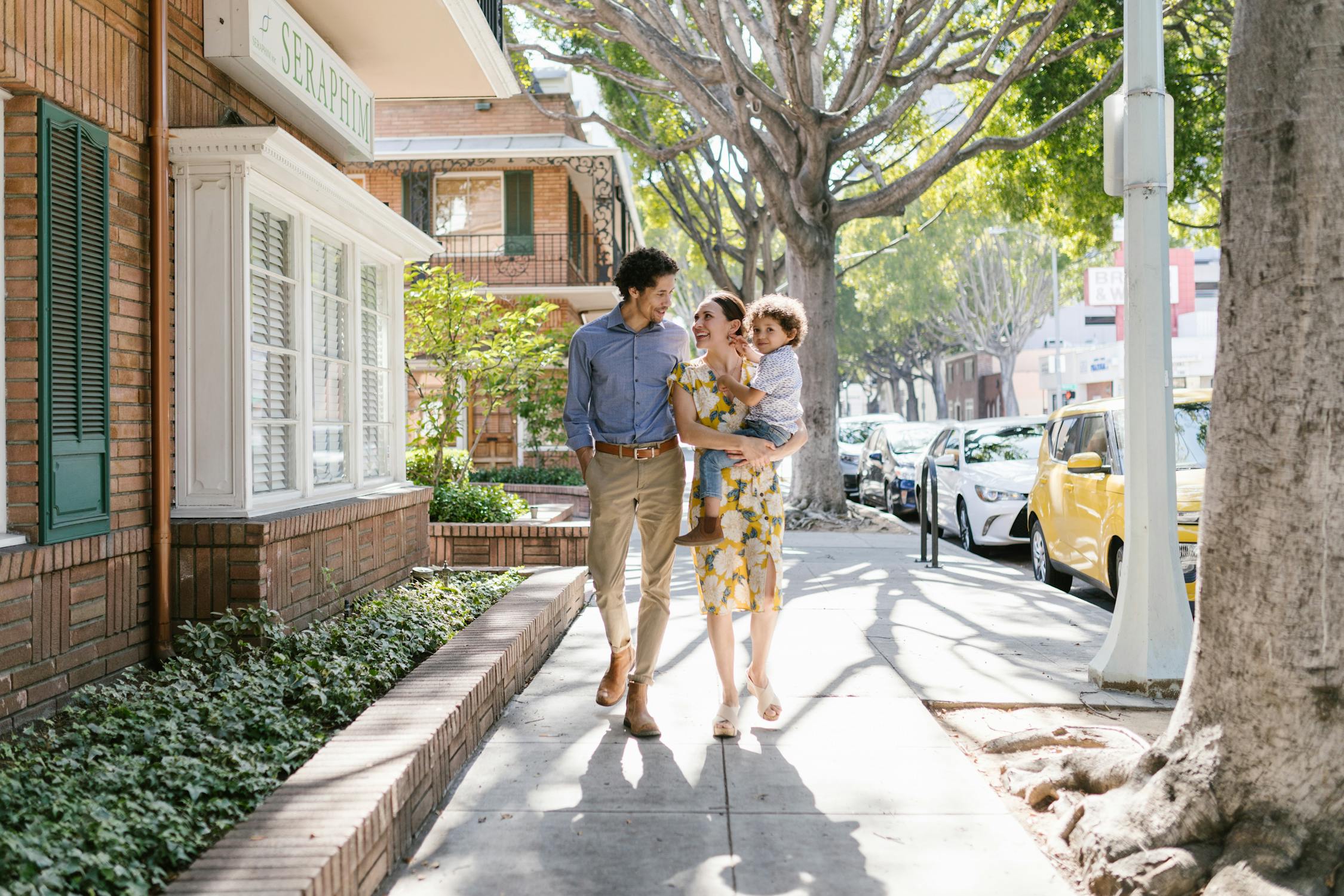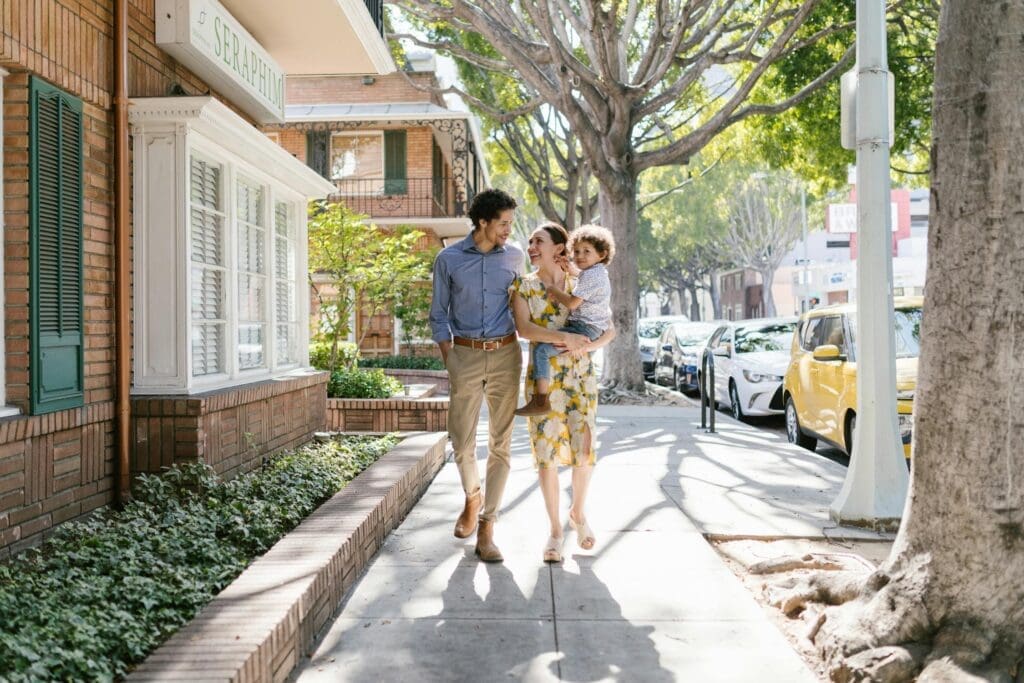Walkability Wins Half Thirty-Seven


A brand new roundup of Walkability Wins. This month we’re showcasing the motion by highlighting extra locations throughout the nation who’re reworking mobility and advancing pedestrian-friendly agendas.
Jonesboro, Arkansas
Jonesboro is ready to reinforce pedestrian and bicycle owner security by means of a $500,000 grant awarded by the Transportation Options Program. This funding shall be used to develop new pedestrian infrastructure on the Marion Berry Parkway overpass, making a safe, well-lit pathway that can join Arkansas State College and downtown Jonesboro. The mission will enhance accessibility and high quality of life, and displays a robust collaboration between the town and group.
Albuquerque, New Mexico
A College of New Mexico scholar, Jackie Davis, seen a dangerous pedestrian crossing close to her campus and determined to take motion. After observing heavy foot site visitors close to Central Avenue and Buena Vista Drive, Davis gathered knowledge and introduced it to the Albuquerque Metropolis Council, highlighting the necessity for a crosswalk. Her efforts led to schedule a gathering with the town’s Division of Municipal Division to debate potential security enhancements on the intersection, demonstrating how particular person initiative can affect planning and security in communities.
Jacksonville, Florida
Jacksonville has launched the Imaginative and prescient Zero plan, which goals to get rid of pedestrian fatalities. Town has seen a excessive incidence of site visitors crashes involving pedestrians and cyclists. As Jacksonville implements Imaginative and prescient Zero, they are going to concentrate on enhancing the infrastructure at high-risk intersections, upgrading crosswalks and enhancing bike lanes. The plan includes non permanent quick-build initiatives to gauge effectiveness and collect group suggestions. Collaborations embody working with the Jacksonville Transportation Authority, the Florida Division of Transportation, and native regulation enforcement to make sure complete protection of each state and native roads.
Portland, Oregon
Depave is making important strides to remodel the intersection of Southeast Seventh Avenue and Sandy Boulevard right into a everlasting, car-free plaza. By means of the assist of the Portland Bureau of Transportation (PBOT), profitable group engagement and non permanent activations that showcased the potential for the area, PBOT facilitated the mandatory permits and endorse Depave’s plans to assemble the whole plaza in a single part. Depave was additionally not too long ago awarded practically $800,000 grant from Metro’s “Nature in Neighborhoods” program, aiding of their funding efforts.
Denver, Colorado
Voters in Denver handed an initiative aimed to enhance the town’s infrastructure and make sidewalks extra accessible, significantly in underserved neighborhoods. Beginning in January, many Denver property house owners can pay an annual $150 tax to fund sidewalk repairs. The tax is predicted to generate about $40 million yearly, permitting Denver to speed up their sidewalk restore program. Beforehand, property house owners had been answerable for sustaining sidewalks, which regularly result in uneven and unsafe situations. This alteration shifts the accountability to the town, aiming to restore all sidewalks throughout the town inside a decade.
To atone for earlier installments of Walkability Wins, go to our weblog. Have a win? Ship it to us: social@americawalks.org.